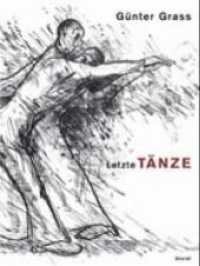Full Description
Histories of International Law in China: All Under Heaven? offers a groundbreaking exploration of China's engagement with international law over the past two centuries. Written by an interdisciplinary group of international law scholars and legal historians, it provides a longue durée perspective, revealing both enduring patterns and profound shifts in China's approach to the global legal order.
Beginning with China's millennia-old Sino-centric worldview-rooted in the Confucian concept of Tianxia (All under Heaven)-the book traces China's evolving relationship with international law from its period of isolation to its forced entry into the Western legal system during the First Opium War (1839-1842). It examines the transformation of China's legal landscape through the fall of the Qing Dynasty (1911), the Republican era (1912-1949), and the establishment of the People's Republic of China (1949). The book explores China's relationship with international law from 1949-including through the Cultural Revolution-until the 'reform and opening-up' era and the end of the Cold War.
Histories of International Law in China sheds light on often-overlooked historical episodes and key conceptual legacies shaping China's approach to the international legal order. A unique feature is its curated biographies, including multiple long-forgotten or invisible protagonists, such as pioneering women in the history and theory of international law and China.
Engagingly written and meticulously researched, this volume offers invaluable insights for legal scholars and researchers interested in understanding China's historical and contemporary role in shaping and making international law.








